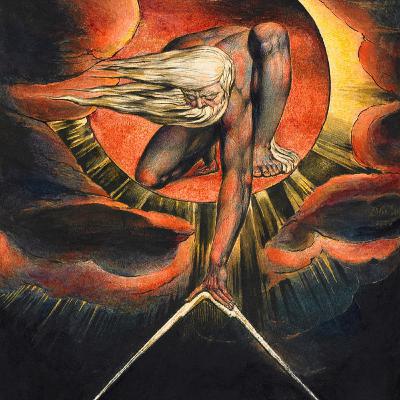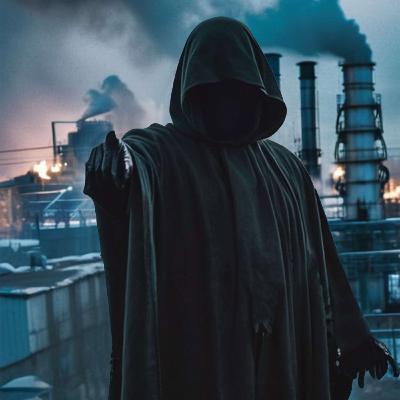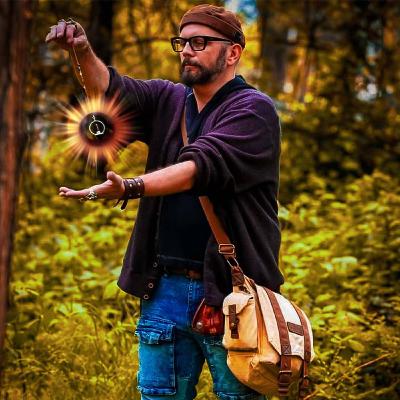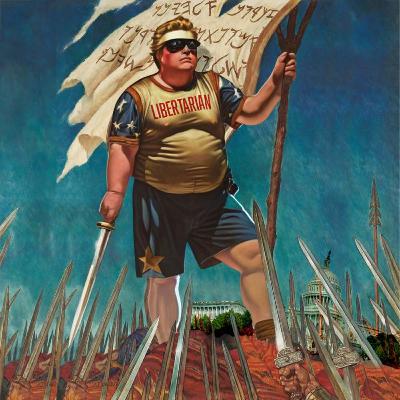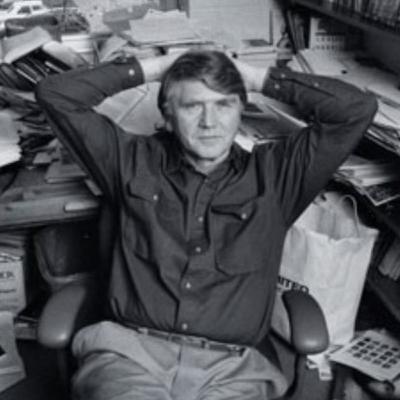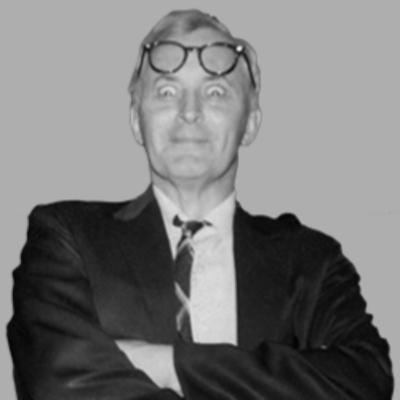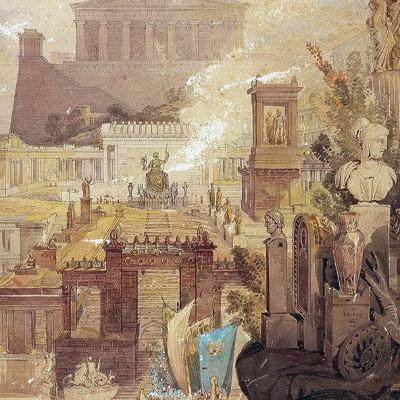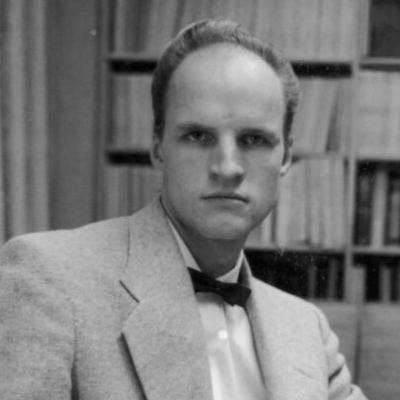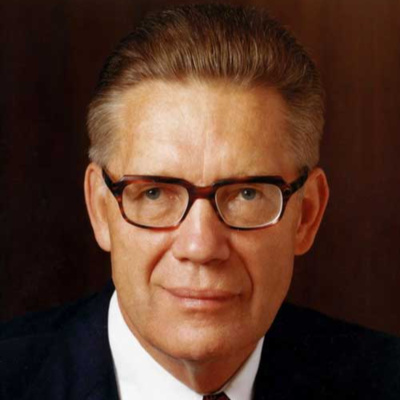Because I Didn't Read It -- Plato: "Timaeus"
Update: 2023-09-29
Description
In our final episode on Plato (at least, for now), we cap off our discussion with the crown jewel of Platonic dialogues.
This particular dialogue plays out differently than the previous ones we have covered; instead of Socrates debating philosophy with people around Athens, a Pythagorean named Timaeus teaches Socrates about the origin and creation of the world.
The dialogue takes place a day after The Republic where two people, Timaeus and Critias, come to Socrates to applaud him for his articulation of the perfect city-state. Timaeus wishes to reward Socrates by teaching him the "likely myth" of the primeval universe where the highest God (typically called "The One") emanated a Demiurge who began to set the universe into order. The four elements--fire, earth, air, and water--are separated; the sun, planets, and stars begin their orbit around a center where the Earth is eventually formed. The Demiurge creates lower gods (who are identified as the Greek pantheon that we all know and love) as protectors of the established order and who guide humanity in their journey from ignorance to knowledge.
All of this, according to Timaeus, reflects Socrates' ideal city-state; the way to knowledge necessitates adhering to the primordial forms that humanity emanated from. By embodying virtue over the course of many lifetimes (remember, Plato taught reincarnation), the philosopher could perfect himself and liberate themselves from the contingencies of the universe.
This particular dialogue plays out differently than the previous ones we have covered; instead of Socrates debating philosophy with people around Athens, a Pythagorean named Timaeus teaches Socrates about the origin and creation of the world.
The dialogue takes place a day after The Republic where two people, Timaeus and Critias, come to Socrates to applaud him for his articulation of the perfect city-state. Timaeus wishes to reward Socrates by teaching him the "likely myth" of the primeval universe where the highest God (typically called "The One") emanated a Demiurge who began to set the universe into order. The four elements--fire, earth, air, and water--are separated; the sun, planets, and stars begin their orbit around a center where the Earth is eventually formed. The Demiurge creates lower gods (who are identified as the Greek pantheon that we all know and love) as protectors of the established order and who guide humanity in their journey from ignorance to knowledge.
All of this, according to Timaeus, reflects Socrates' ideal city-state; the way to knowledge necessitates adhering to the primordial forms that humanity emanated from. By embodying virtue over the course of many lifetimes (remember, Plato taught reincarnation), the philosopher could perfect himself and liberate themselves from the contingencies of the universe.
Comments
In Channel

